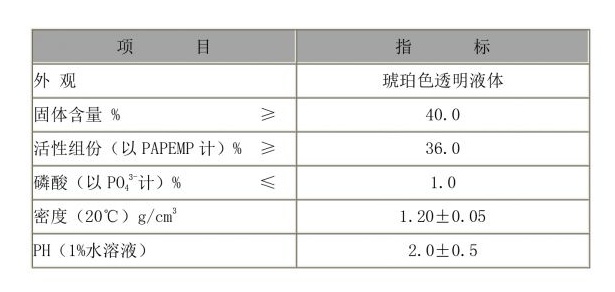Exploring the Applications and Safety of Bit Isothiazolinone in Industrial and Consumer Products
Understanding BIT (Benzisothiazolinone) Applications, Benefits, and Safety
Benzisothiazolinone (BIT) is a low molecular weight compound belonging to the family of isothiazolinones. It is primarily recognized for its potent antimicrobial properties, making it a popular choice in a variety of industrial and consumer products. This article explores the applications, benefits, and safety measures associated with BIT, providing readers with a comprehensive overview of its significance in modern formulations.
Applications of BIT
BIT is predominantly used as a biocide in several industries, including paints, coatings, adhesives, and personal care products. Its ability to inhibit the growth of bacteria, fungi, and algae makes it invaluable in situations where microbial contamination can affect product stability and performance.
In the construction and manufacturing industries, BIT is often incorporated into paints and coatings to prevent microbial growth that could lead to product degradation. In the realm of personal care, it can be found in formulations for shampoos, conditioners, and lotions, where it helps preserve the integrity of the product by preventing spoilage caused by bacteria and fungi.
Moreover, BIT has been utilized in the paper and pulp industry to control bacteria in the production process, ensuring that the final products meet hygiene standards. Its efficacy at low concentrations makes it an economically viable option for manufacturers looking to maintain the quality of their products while minimizing costs.
Benefits of BIT
One of the primary advantages of using BIT is its broad-spectrum antimicrobial activity. It is effective against a range of microorganisms, making it a versatile choice for various formulations. Additionally, being a low-concentration preservative, it tends to have minimal impact on the sensory characteristics of products, such as odor and color, which is particularly crucial in personal care items.
bit isothiazolinone

BIT is also valued for its environmental profile. It has a lower toxicity compared to many traditional biocides, making it a more appealing option for formulations where safety and environmental impact are concerns. The ability of BIT to biodegrade contributes positively to its acceptance in eco-friendly product lines.
Safety and Regulatory Considerations
While BIT offers numerous benefits, it is essential to consider safety measures associated with its use. There have been concerns regarding skin sensitization and potential allergic reactions, particularly with prolonged exposure. As a result, regulatory bodies, including the European Chemicals Agency (ECHA), have put guidelines in place to manage its use, especially in consumer products.
Manufacturers are advised to adhere strictly to concentration limits established by regulatory authorities, ensuring that BIT is used safely and effectively. It is crucial for companies to conduct thorough risk assessments and consider alternatives if sensitization risks are present.
In recent years, the trend toward natural and organic ingredients has led to increased scrutiny of synthetic compounds like BIT. However, its functionality and low toxicity profile have made it difficult to find replacements that provide the same level of antimicrobial protection without compromising product stability.
Conclusion
Benzisothiazolinone (BIT) plays a critical role in various industries due to its effective antimicrobial properties. Its applications in paints, personal care products, and industrial manufacturing highlight its versatility and economic advantages. While safety concerns exist, proper usage guidelines and regulations can mitigate risks, ensuring that BIT continues to be a relevant and reliable choice for manufacturers. As industries strive for sustainable and safe products, BIT remains a key ingredient in balancing performance, safety, and environmental impact. As research evolves, it will be interesting to observe how the landscape of biocides changes, and whether BIT will adapt to meet future demands for safety and efficacy.
-
The Ultimate Guide to Flocculants: Transforming Water TreatmentNewsNov.01,2024
-
Improve Your Water Treatment Solutions with PolyacrylamideNewsNov.01,2024
-
Enhance Your Water TreatmentNewsNov.01,2024
-
Empower You to Achieve the Highest Standards of Water QualityNewsNov.01,2024
-
Effective Scale InhibitorsNewsNov.01,2024
-
Discover the Power of Poly Aluminum Chloride in Water TreatmentNewsNov.01,2024





